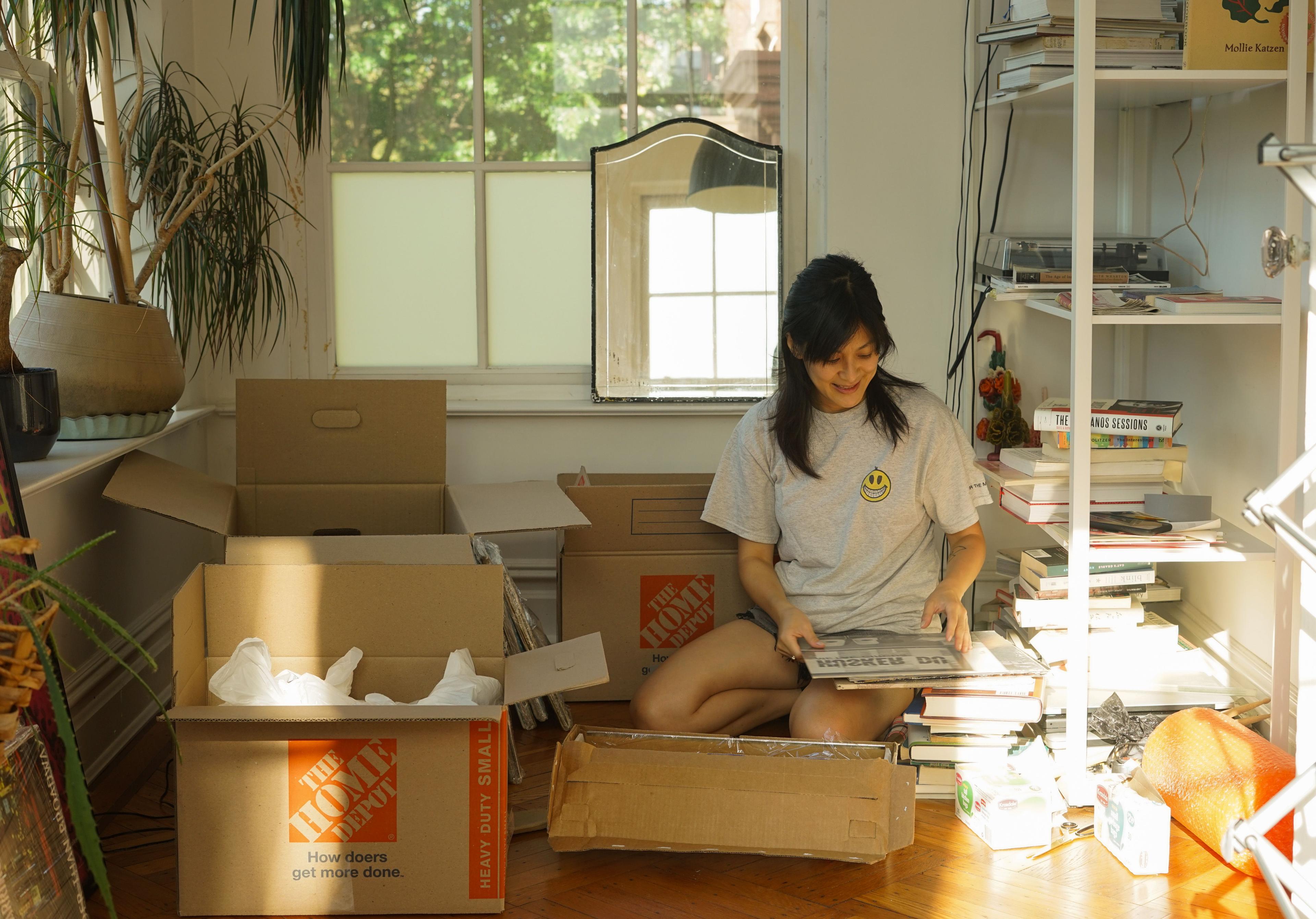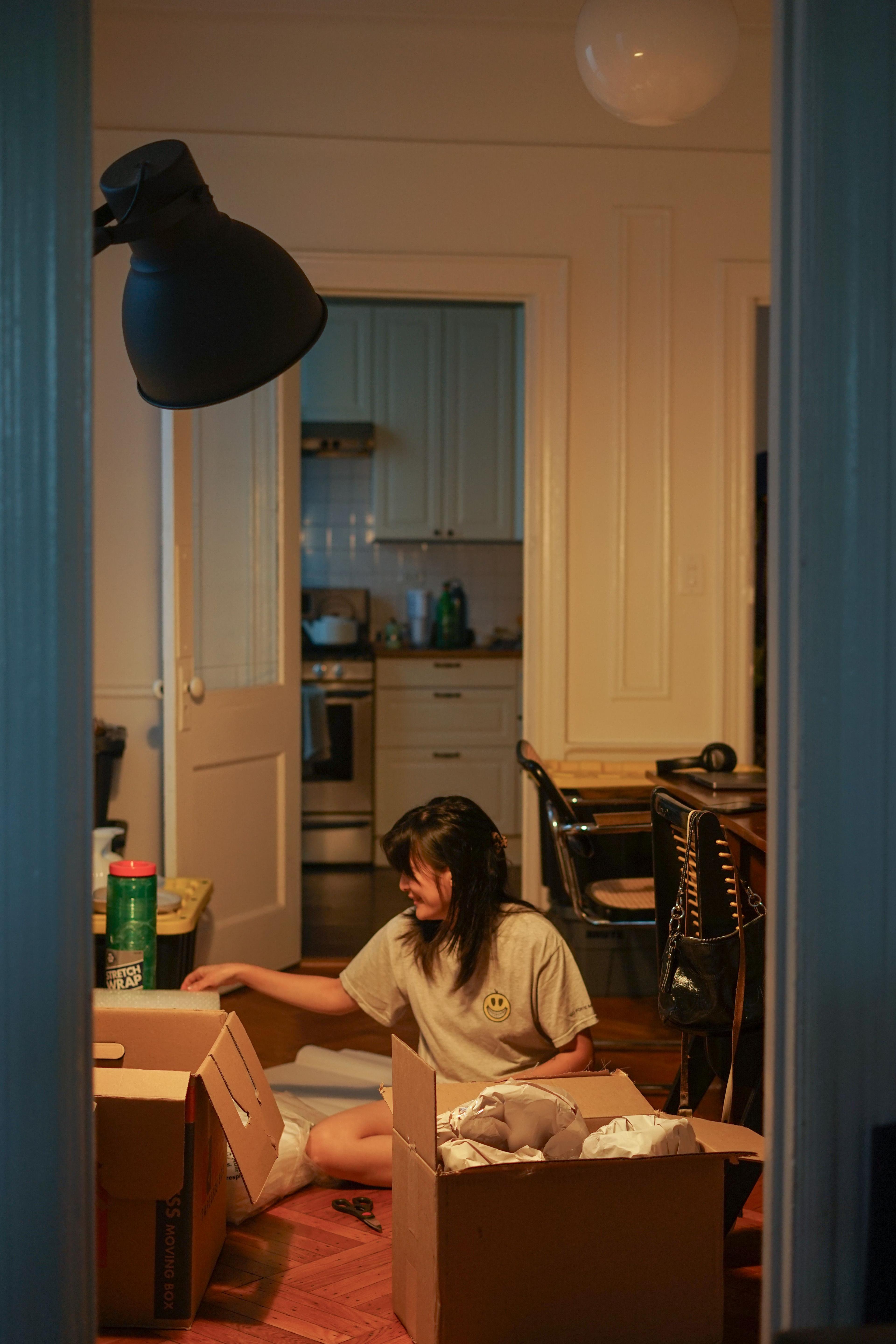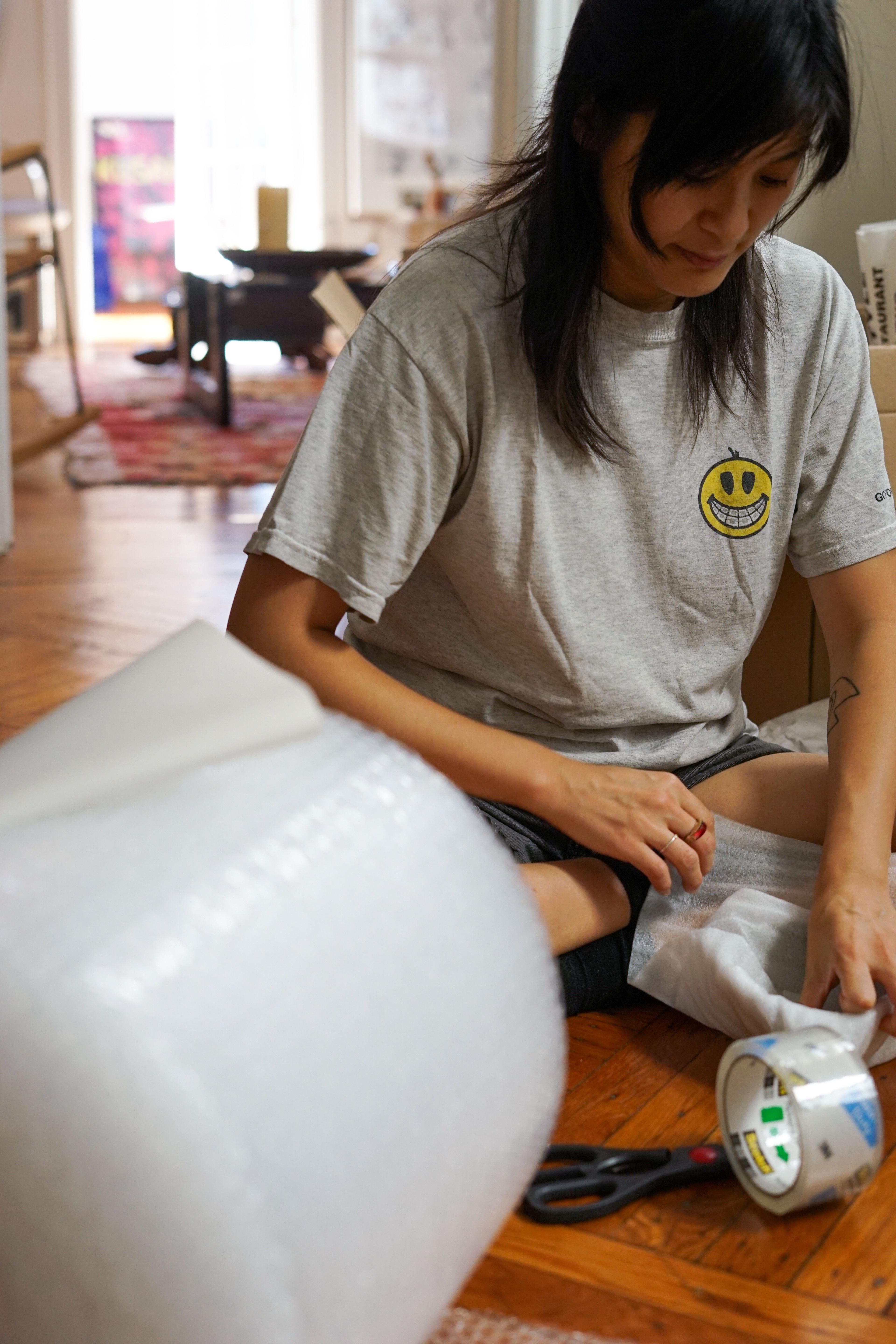
PERSONAL ESSAY
What If?
Diane Chang on Leaving New York
There’s a point when New Yorkers contemplate actually leaving New York—either permanently or just temporarily for a hit of unfamiliar calm and more space. Natives and transplants alike will daydream about life beyond the BQE and MTA. Even local legends who seemed like steadfast lifers have probably secretly wondered, “what if…?” I wonder if they’ve ever entertained the possibility of discovering who they might be if New York was no longer a personality trait. Or how much happier they would be owning a washer and dryer.
I lived in New York up until a year ago. In the thirteen years there, I had my share of “what-ifs.” Only two times did I decide to answer the nagging question and move away. The first time was a work-related blip. The second time, I left for love and that love brought me to Milan, Italy where I now live.
I took my first trip to New York City at fifteen years old. While dragging my suitcase around Soho with my mom looking for our hotel, I knew immediately that the energetic streets were for me. We had broken off from the tour group we traveled with from California to manifest my alt-teen itinerary. Instead of visiting the usual landmarks, I wanted to retrace Bob Dylan’s footsteps on Bleeker and scour for niche records at Other Music on E. 4th. I was too busy mimicking the fast-paced, deliberate strides of everyone else to worry about street signs. I was too mesmerized by the cast-iron facades and plumes of steam rising from the pavement to realize we were lost. Little did I know that later on, those unfamiliar streets would become a part of my daily commute. That in my adult years, I would exude the confidence of a seasoned pedestrian by crossing on red lights.
Ten years later, I would finally move to New York from Los Angeles. I accepted a job offer with a terrible salary, and arrived with two suitcases, $500 in my bank account, and ample determination to make it. I stayed in an old high school friend’s Chinatown walk-up on Allen Street—and rented the room with a window facing an air shaft. I couldn’t afford a bed frame and mattress until my first paycheck landed, so I slept with my friend and two cats in her bed for a few weeks. Apparently, I had a cat allergy. One day while swollen-faced and running late to work, I accidentally got on THE empty subway train car with human poop on the floor. As it goes for every newbie, I was getting properly hazed.

In those early days, dinner was two orders of dumplings at Vanessa’s around the corner from our apartment. Breakfast was a bacon-egg-and-cheese and muddy coffee to jolt me from my hangover so I could responsibly get through a ten-hour work day. Going out meant knowing someone who knew someone who could get me into a party or club well beyond my socioeconomic reach. One winter night after dancing at the monthly Japanese Rockabilly party at Otto’s Shrunken Head, I walked back home alone irresponsibly unafraid. I counted every unsleepy snowy block I passed, tempted by $1 pizza the whole way. Before making the treacherous climb up to my apartment, I noticed piles of trash half buried in snow and a drunk guy puking on the freshly salted apartment steps next door. Everything that would have been deemed unacceptable anywhere else felt just right. Salty vomit residue, frozen garbage and a 4th-floor walk-up at 3am.
In one of the essays in Goodbye to All That: Writers on Loving and Leaving New York, Roxanne Gay writes “At some point, New York stopped being the city of my dreams because it stopped being merely an idea to be a part of. New York was very real and very complicated.”
Roxanne Gay was right. After the first few years of blissful masochism, the excitement and romance of New York started to wane. Things got too real. I was never rich enough to cover all of my expenses, no matter what job I had. The threat of bed bugs constantly loomed, especially during the social summer months. And winters felt melancholic and slushy, and dating (especially in winter) was abysmal. Getting drinks felt like unhealthy, expensive escapism. I kept telling myself the skyline and bagels and my community were worth the untenable rent hikes every year. But then my community started to erode when “lifer” friends moved away. “LA is kinda great,” they would say after a brief west coast visit. And suddenly they would trade their metrocard for the 0 freeway.
My final “what-if” moment arrived in 2023. I was finally living my dream life in Brooklyn, in an enviable apartment with the most chill landlords. I was working from home at a job I liked enough and getting paid my worth. I was dating an Italian man I had met in Rome the summer prior, and our relationship was progressing into something I would have ditched my perfect hard-earned situation for. And that’s basically what happened: we were sick of odd-houred Facetimes and 90-day tourist visas, so we decided to move to Milan. I wasn’t leaving because I didn’t love New York or because New York didn’t love me back. I was leaving because I loved someone else more.

Everything else then happened quickly. Within months, I ticked off bucket-list experiences and sold off 13-years of furniture acquired on curbsides and Craigslist. I had one last epic dance at Soul Summit and a final meal at a diner with friends. I forgot to walk across the Brooklyn Bridge, but it’s ok—I had already done it about 1,000 times before.
For those of us who have left New York, the decision is our Roman Empire. We’ll always wonder “what if.” What if we move back? What if we miss out? It’s not regret we feel but rather a visceral longing for the stuff of Hollywood depictions and formative fantasies. Far away, we tend to forget the gritty parts, and the city regains its mythical status. Brownstones, bridges, block parties, bagels—the life! Even though we know the unforgiving and brutal realities of class inequity, housing scarcity, and corrupt policing that exist there too. Even as we comfortably settle into new lives elsewhere, with a washer and dryer in our homes—we’ll always wear our laundromat memories as badges of honor. Because we lived and survived New York City. Even if the wildest and bravest thing we ever did was to leave it.